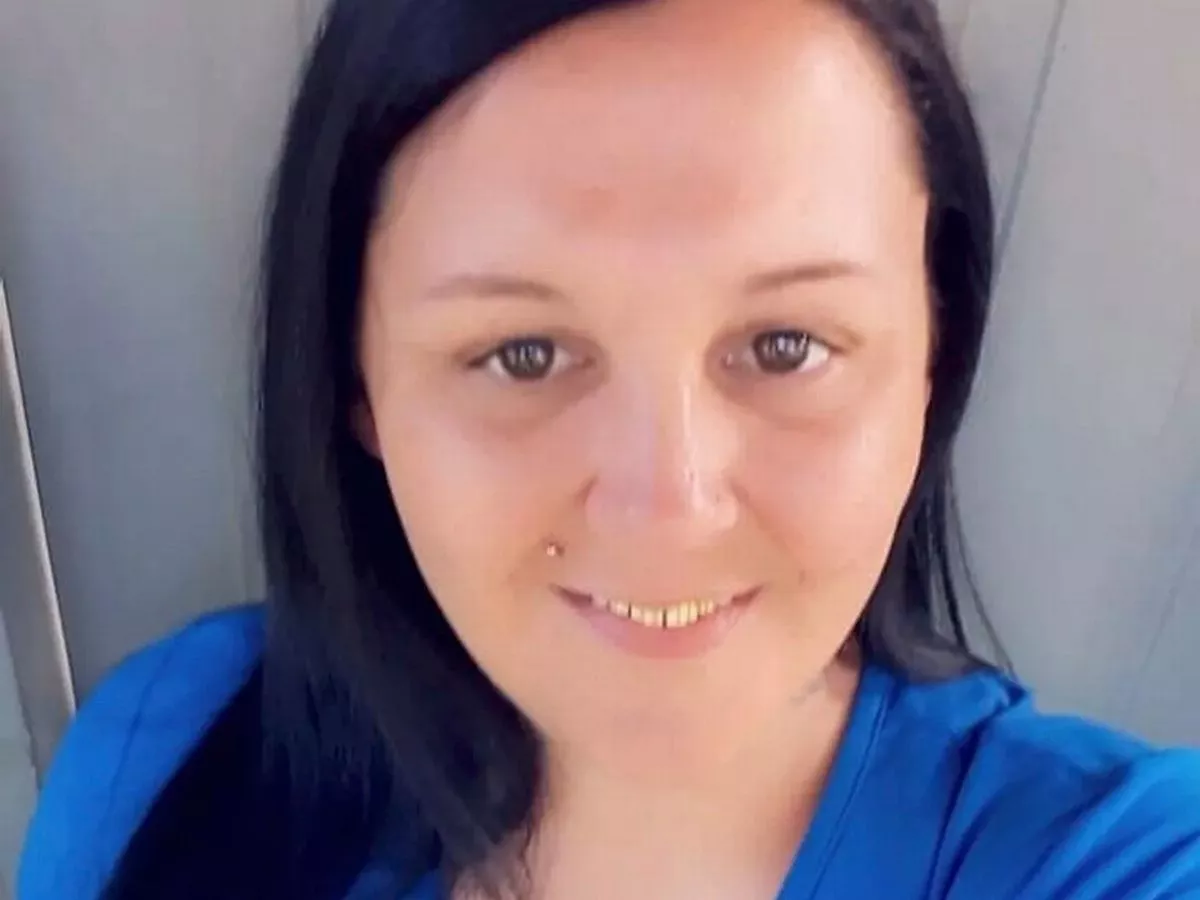
Two weekend mass shootings should be prompting discussions about a lack of mental health care for Americans broadly, but, because officials say the separate incidents were carried out by two veterans of the Marine Corps, we should be talking about a lack of mental health resources for veterans in particular. While veterans suffering from PTSD and other mental health conditions are at far greater risk of harming themselves than others, the horrific crimes in Michigan and North Carolina that were allegedly committed by veterans are a reminder that a disproportionate number of people accused in mass shootings are veterans.
Much remains unknown about the two Marine Corps veterans accused of targeting innocent lives in these horrific attacks.
Much remains unknown about the two Marine Corps veterans accused of targeting innocent lives in these horrific attacks. Forty-year-old Thomas Jacob Sanford — whom officials say drove a vehicle into a Church of Jesus Christ of Latter-day Saints in Grand Blanc Township, Michigan, opened fire with a rifle and set the church ablaze — joined the Marines in 2004, started a nearly seven-month deployment during Operation Iraqi Freedom in 2007 and left the Corps soon after, NBC News reports. His military records show that he was awarded the Marine Corps Good Conduct Medal, the Sea Service Deployment Ribbon, the Iraq Campaign Medal, the Global War on Terrorism Service Medal and the National Defense Service Medal.
At least four people were killed in the attack and eight were injured. Police say they found Sanford dead in a parking lot behind the church.
Nigel Max Edge, also 40 and also a Marine veteran of Operation Iraqi Freedom, has been named by authorities as the person who killed three people and injured five in what officials say was a “highly premeditated” attack a North Carolina bar Saturday night. His medals include a Purple Heart, a Marine Corps Good Conduct Medal, a Combat Action Ribbon for Iraq and an Iraq Campaign Medal with two bronze stars.
A prosecutor on Monday described Edge as having a traumatic brain injury and “significant mental health issues.”
His ex-wife told NBC News that she hadn’t spoken with the suspect in about a decade, but said he’d been “crying out for help for a long time.” She said, “I’m sad for these families. I’m sad nobody helped him and this could have maybe been prevented.”
One of America’s key promises to veterans is that they will be cared for when they return home. But the current situation, according to the latest report by the Department of Veterans Affairs inspector general, is that psychology providers are in critical shortage at a majority of VA medical facilities across the nation. I recently spoke with MSNBC’s Chris Jansing about this problem and told her about a friend who got a letter informing her that her psychiatrist was resigning from the VA and offering no plan for continuing care other than a direct referral to the VA’s Veterans Crisis Line. While the VA Crisis Line (dial 988 then press 1) provides veterans and their loved ones a vital lifeline when a veteran is in crisis, it’s not a viable plan for preventive mental health care.
The suicide rate for male veterans is 44% higher than their civilian counterparts, and the suicide rate for women veterans is 92% higher than their civilian counterparts. Veterans are more likely than their civilian counterparts to end their lives with a firearm.
VA medical centers and Vet Centers, especially via initiatives that have promoted safe gun storage, have helped millions of veterans; still, far too many veterans are unable to access care from VA-provided mental health resources. Even among veterans receiving care at VA, roughly 70% of their mental health care providers are private providers outside of VA, either through VA-paid community care or the veterans’ own private insurance. Americans need far greater access to mental health resources, and veterans are part of this overall crisis in which roughly half of Americans are not getting the mental health care they need.
The landscape of private mental health providers is troubled with nonacceptance of private insurance — a problem for Americans broadly, but also specially for veterans unable or unwilling to use VA who need specialized care for conditions stemming from their military service. Veterans have a high prevalence of PTSD, traumatic brain injuries and sleep problems stemming from combat service and military service more broadly. Men and women who experienced sexual assault within the military also need specialized resources to address the complex relational issues in this workplace violence. Private insurance often does not cover these providers or diagnoses, leaving veterans to pay out of pocket or go without treatment.
Veterans experiencing mental health conditions are also likely in need of relationship and family counseling (military-connected individuals experience higher divorce rates — another risk factor for worsening mental health outcomes) which are in short supply at VA medical centers and also can be difficult to cover under private insurance.
Roughly half of eligible veterans of any age or service era receive their health care at VA, and those using private insurance may not have their needs met, or it may cost them greatly to do so. Veterans of Iraq and Afghanistan are likely more distant from their military comrades and communities. They lost friends in conflicts that ended in disappointment or disasters. And they may be angry at U.S. policies that have felt like a personal betrayal of Iraqis or Afghans they worked alongside during those conflicts. (I certainly experienced this following the 2021 Afghanistan withdrawal.)
We know that when veterans grow isolated, their psychological injuries going untreated, their risk increases exponentially for adverse outcomes that include substance abuse, homelessness and suicide. It may take years, even decades, for prolonged struggles to take their toll. We can look to long-term studies of Vietnam veterans, for example, to see how mental health struggles affect veterans over a lifetime. It’s not surprising, then, to hear the ex-wife of the North Carolina suspect say he’d struggled for a long time.
If mental health concerns are truly a priority, it is upon us to ensure that Congress and our president appropriately study, fund and resource mental health care for everybody, but also for the veterans it has promised to care for.



